A Letter to All the Children of America
 For the past few years, we have launched our new blog season with a post that serves as a reflection on the current cultural context we are living in as teachers, librarians, and literature lovers. The past two years we wrote about what we believe matters most when selecting books and building classroom libraries. We have also written about teaching for change and social justice. This year, we decided to frame our thinking in the form of a letter to the children of America. We hope that you read our letter and think about the letter you would write to the children of America or the children in your classroom to express your greatest hopes for how books will impact their lives this year. Many of you will have already sent your new students a letter to introduce yourself, to share what you did over the summer, and to welcome students to your class. Think about or write a letter to them that expresses your hopes for their literacy lives this year. How do you hope books will impact your students? How do you hope books will help make our world more understanding and compassionate?
For the past few years, we have launched our new blog season with a post that serves as a reflection on the current cultural context we are living in as teachers, librarians, and literature lovers. The past two years we wrote about what we believe matters most when selecting books and building classroom libraries. We have also written about teaching for change and social justice. This year, we decided to frame our thinking in the form of a letter to the children of America. We hope that you read our letter and think about the letter you would write to the children of America or the children in your classroom to express your greatest hopes for how books will impact their lives this year. Many of you will have already sent your new students a letter to introduce yourself, to share what you did over the summer, and to welcome students to your class. Think about or write a letter to them that expresses your hopes for their literacy lives this year. How do you hope books will impact your students? How do you hope books will help make our world more understanding and compassionate?
We hope that over the course of this school year, our entries will help you to rethink the ways in which you use books to prompt inquiry, investigate the world, consider multiple perspectives, and strive for social justice in your classroom and beyond.
ADVERTISEMENT
ADVERTISEMENT
At The Classroom Bookshelf, we believe books change lives.
To all the children in America,
As you start a new school year undoubtedly full of your own hopes and dreams, we want to share with you our sincerest hopes for how books will impact you this year. First, we want to say that we see you. We hear you. We welcome you. You are valued. Your reading choices matter to us. Your ideas deserve to be heard. Whether you like to bury yourself in a book or you are still searching for the book that grabs hold of you, know that you belong and the world of books is for everyone.
This year, we hope that you try something new in your reading life. Try a new genre. New series. New author. A book told from a different point of view or way of life than you’re used to. Pick up a book that you think will surprise you. Seek recommendations. Talk to your classmates, teachers, and librarians to find our what they are reading. It takes confidence to try something new and we know that one of our jobs is to help you become even more confident in your reading choices and in your belief in yourself. Maybe you can participate in National Ambassador for Young People’s Literature Gene Luen Yang’s “Reading without Walls” Challenge, and encourage those around you to do the same.
This year, we hope that you find books that feel like you are looking in the mirror. That make you say, “Yes, this story is my story.” We equally hope that you find books that feel like you are looking out the window into someone else’s world. We have so much to learn from the life experiences of others. Most of all, we hope that you find books that start out as windows but that become mirrors. Stand in front of a window and notice how when the light is just right a window becomes a mirror. Know that books can create that same effect. You can also think about books as sliding glass doors that encourage us to walk through them. When you walk through a door, you open up a world of possibility. You walk alongside characters that challenge what you knew and could imagine before. Books can be those doors. Carry these metaphors with you into your reading life. Then, tell other people about it (Bishop, 1990).
This year, stop and notice the ways that books make you feel. When we meet characters that are different from us and we grow to love them, our hearts grow in the process. The more we all read about the life experiences, both fictional and real, that challenge our own ways of thinking, the world becomes more compassionate and understanding. Stop and notice when books make you laugh out loud. Stop and notice when you find yourself welling up with emotion. Be brave in allowing yourself to feel these things.
This year, use books to learn more about the world around you. Have a burning question? Something you have been wondering about? Want to know how to make something? Curious about how or why? There’s a book out there that can help you know more. In a world where “alternative facts” are masquerading as verifiable facts, and powerful people are calling verifiable facts “fake news,” question what you think you know. Be curious. Look for sources that may give different facts and then discuss with others what those facts make you think. Your curiosity is one of your greatest strengths.
This year, we hope that you share your ideas about books with the people in your life, especially people that may disagree with you. Use the stories you encounter in books, both fiction and nonfiction as a springboard to debate and discuss the ideas that matter to you and those that confuse you. When we talk about our reading with others, our reading experience deepens and broadens. By putting our own ideas in words for others to consider, we refine and reformulate them. By hearing others’ responses to our thoughts, we expand our ideas and gain new ones.
This year, challenge those around you to keep their minds and hearts open. In the wake of outward displays of hate in Charlottesville, Virginia this summer, we must all be wide-awake to social injustices in all of their forms. If your school or your teacher chooses books where all of the characters always come from the same cultural backgrounds–speak up. If your teacher or your classmates gloss over uncomfortable conversations about character’s choices or beliefs–speak up. If you find yourself wondering whether your story counts in the world of literature–speak up. You will be the generation that helps America embrace discomfort as an opportunity to grow and continue learning.
Your friends at The Classroom Bookshelf,
Katie, Grace, Erika, and Mary Ann
Sims Bishop, R. (1990). Mirrors, windows, and sliding glass doors. Perspectives, 1(3), ix–xi.
Filed under: Announcements
About Katie Cunningham
Katie is a Professor of Literacy and English Education at Manhattanville College. There she is also the Director of the Advanced Certificate Program in Social and Emotional Learning and Whole Child Education. Her work focuses on children’s literature, joyful literacy methods, and literacy leadership. Katie is the author of Story: Still the Heart of Literacy Learning and co-author of Literacy Leadership in Changing Schools. Her book Start with Joy: Designing Literacy Learning for Student Happiness will be released September 2019. She is passionate about the power of stories to transform lives.
ADVERTISEMENT
ADVERTISEMENT
SLJ Blog Network
2024 Books from Pura Belpré Winners
In Memorium: The Great Étienne Delessert Passes Away
Winnie-The-Pooh | Review
Parsing Religion in Public Schools
Finding My Own Team Canteen, a cover reveal and guest post by Amalie Jahn
ADVERTISEMENT

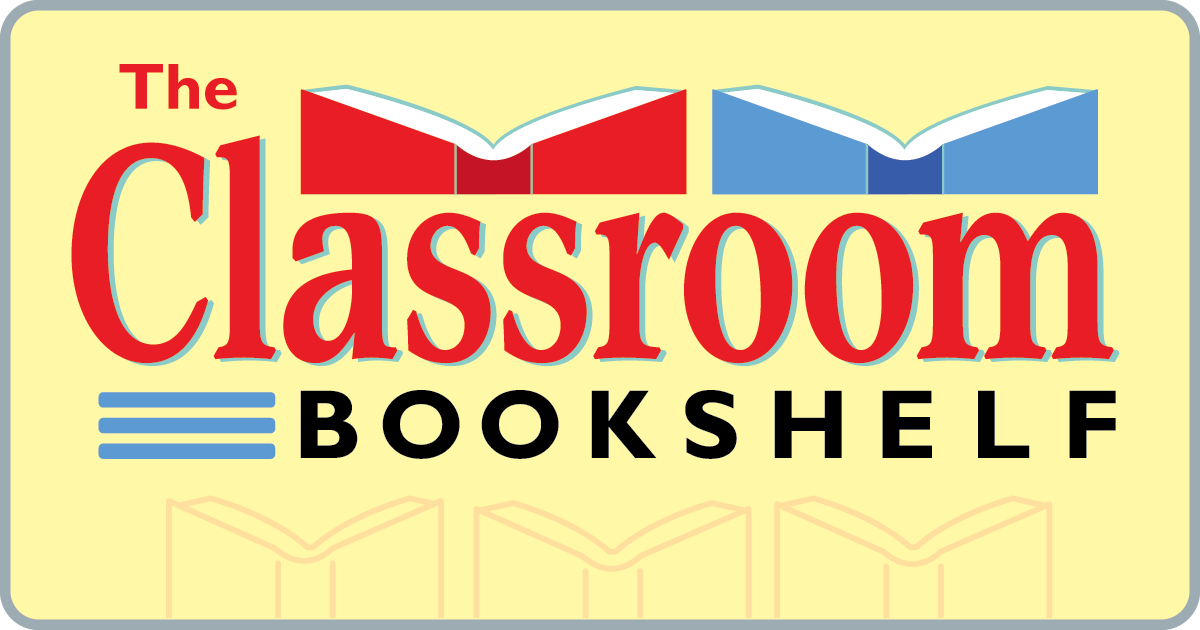

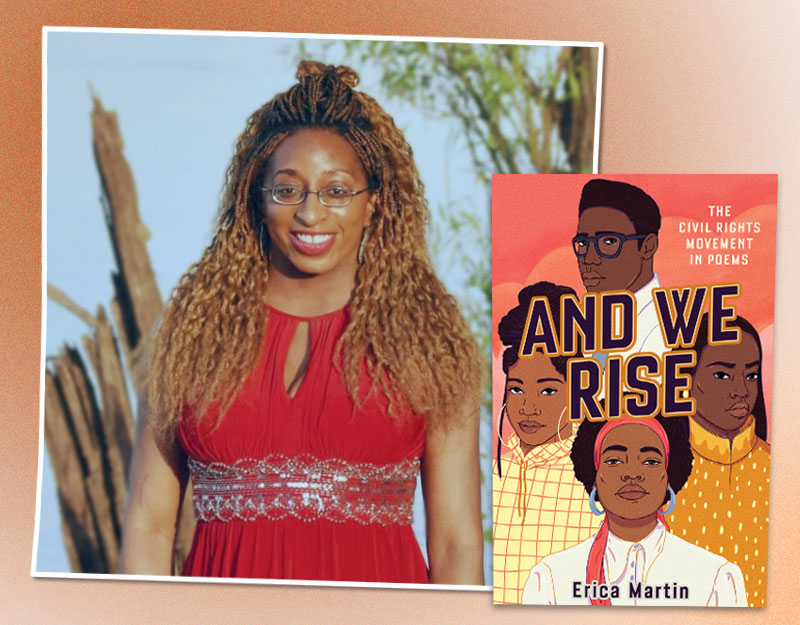
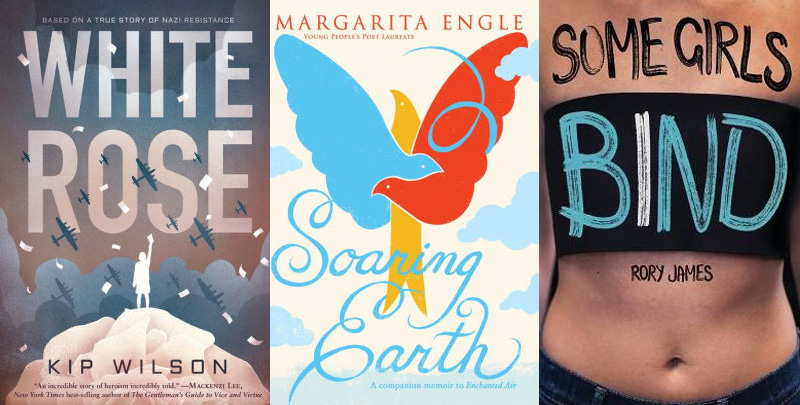
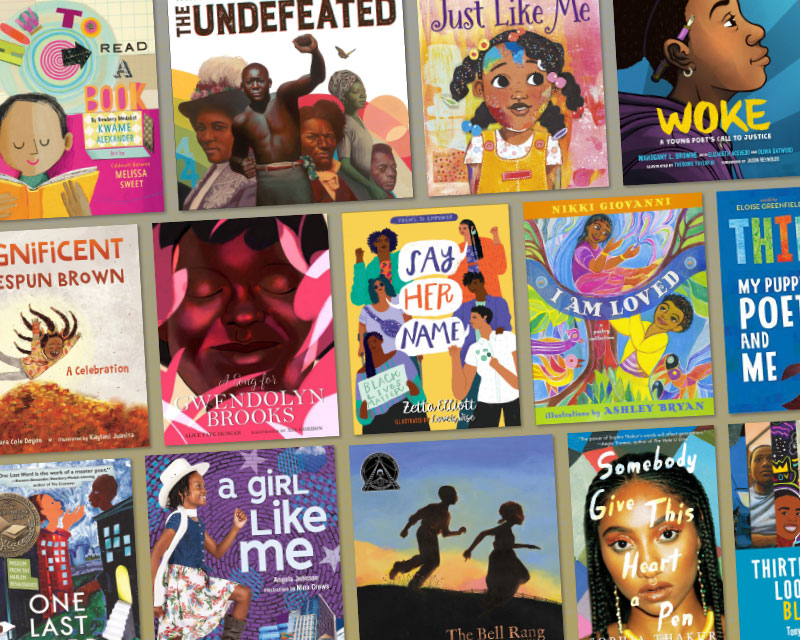
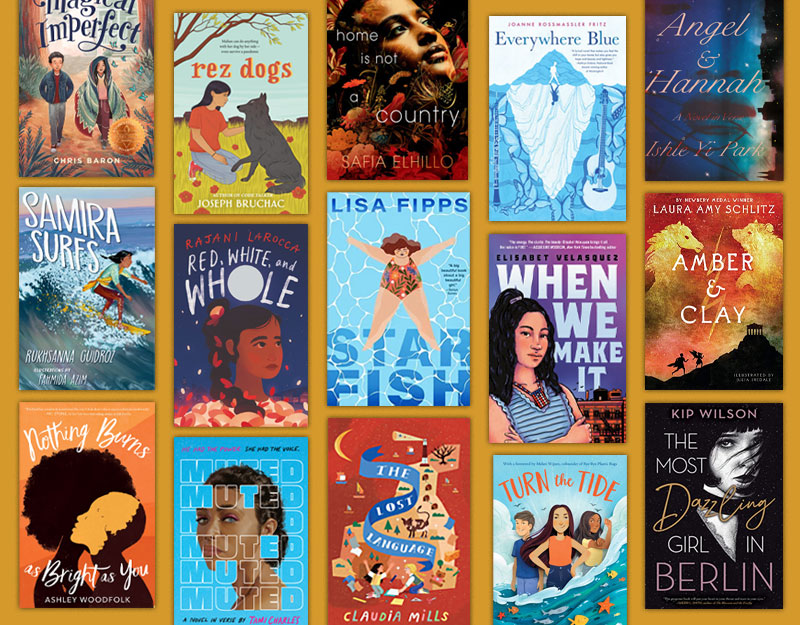
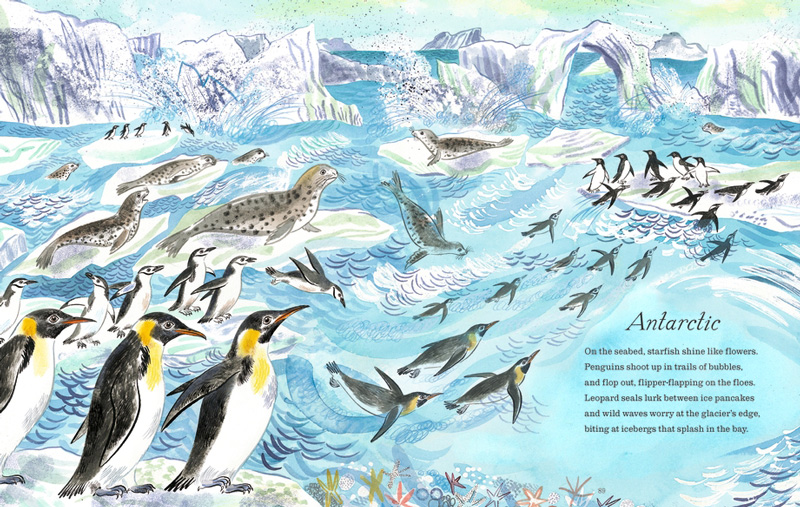
We are so glad that your blog is back after the summer break and this post is so incredibly well done! Not only do books change lives, but this blog does too by empowering teachers and librarians! Thank you and I hope “The Letter to All the Children in America” is shared widely and often!
Thank you, Doreen, for your kind message. We continue to strive to make an impact. Please share this post and others widely.